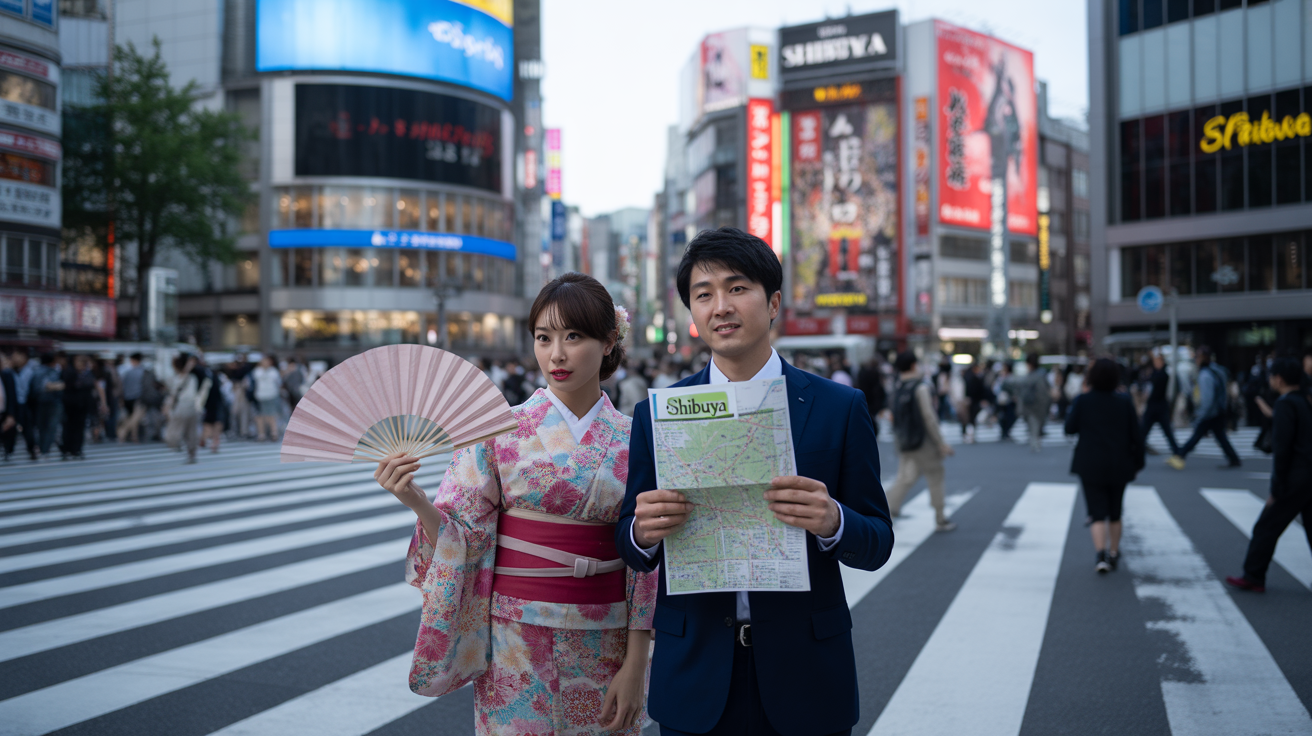Japan remains one of the world’s most visited destinations — but like many countries, it now applies certain travel-related taxes. If you’re visiting Japan in 2025, you’ll likely encounter the Sayonara Tax when leaving the country, and possibly local accommodation fees depending on where you stay.
This comprehensive guide provides everything you need to know in one place.
✅ What Is the Tourist Tax in Japan?
Unlike many European destinations, Japan does not charge a nightly nationwide hotel tax. Instead, there are two main types of travel-related charges:
- Sayonara Departure Tax (national)
- Local Accommodation Taxes (city or prefecture-based)
These fees help maintain tourism infrastructure, cultural heritage sites, and environmental sustainability.
✈️ 1. The Sayonara Tax (Departure Tax)
Since 2019, Japan has applied an International Tourist Tax, commonly known as the Sayonara Tax.
✅ How Much Is It?
¥1,000 (about $7 USD or €6.50) per person
✅ When Is It Charged?
You pay the tax only when leaving Japan, and it is typically included automatically in:
- Airline tickets
- Ferry fares
- Travel packages
You do not pay it separately at the airport.
✅ Who Has to Pay?
Most travelers, except for:
- Children under 2 years old
- Transit passengers staying less than 24 hours
- Crew members on duty
- People departing due to forced rerouting or emergency
🏨 2. Hotel & Accommodation Taxes in Japan
Japan does not apply a national hotel tax, but some cities and prefectures charge local accommodation fees.
✅ Common Areas with Hotel Taxes
Tokyo
- ¥100 per person per night (room rate ¥10,000–¥14,999)
- ¥200 per person per night (room rate ¥15,000+)
Kyoto
- ¥200–¥1,000 per person per night, depending on room rate
Osaka
- ¥100–¥300 per person per night based on hotel price
Fukuoka and Kanazawa also apply similar local taxes.
Most ryokans, luxury stays, and city hotels collect this upon check-in or check-out.
🧾 Is the Tax Per Person or Per Room?
- Departure tax → Per person
- Hotel taxes → Usually per person, per night, based on the cost of the room
Budget hostels and Airbnb-style stays under a certain nightly cost may not charge anything.
🌸 Who Must Pay Tourist Taxes in Japan?
You’ll pay if you:
- Depart Japan by air or sea (Sayonara Tax)
- Stay in hotels, ryokans, or inns in cities with accommodation taxes
- Book through agencies, Booking.com, Airbnb, or direct bookings
🧒 Are There Any Exemptions?
Yes, some travelers don’t need to pay:
Exempt from Departure Tax:
❌ Infants under 2
❌ Transit visitors under 24 hours
❌ Flight or ship crew on duty
Possible Hotel Tax Exemptions:
✔ Children under a certain age (depends on city/hotel)
✔ Rooms under a price threshold
✔ Long-term stays (30+ days in some cases)
💳 How Do You Pay?
- Departure tax → Already included in your ticket price
- Hotel tax → Paid directly at the property during check-in or checkout, either in cash or card
Some booking websites display a note like “local taxes may apply.”
🗺️ Destinations Where You’ll Most Likely Pay
- Tokyo
- Kyoto
- Osaka
- Kanazawa
- Fukuoka
- Hakone
- Yokohama
Rural areas and hostels may have no additional fees.
❓ Frequently Asked Questions
Do all tourists pay the Sayonara Tax?
Yes, unless you fall into an exempt category (infants, transit passengers, etc.)
Are hotel taxes included in the booking price?
Sometimes, but many hotels collect it separately at check-in.
Does Japan charge a per-night tourist tax like Italy or Greece?
No, only certain cities apply hotel fees.
Can I avoid the tax?
Only through exemptions; it’s legally required for most travelers.
🧳 Final Tips for 2025 Visitors
- Budget an extra ¥1,000 per person when exiting Japan
- Expect ¥100–¥1,000 per night in major cities for hotels
- Keep yen on hand for small inns and ryokans
- Check your hotel confirmation for added local fees
- Families with small kids may pay less or nothing at certain stays
These taxes are minor compared to overall trip costs, but knowing them ahead of time helps you plan smarter.

